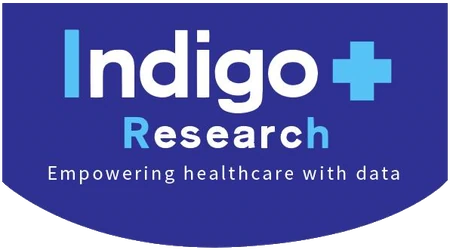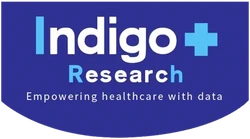How to Design a Health Survey with News Value: Turning Surveys into a Brand’s Most Powerful Content Engine
In the health and medical fields, surveys are not just research tools but also a bridge between brands, the public, and the media. Especially in an era where information flows rapidly, a well-designed health survey with news value can not only reveal market trends and user behavior but also become…



